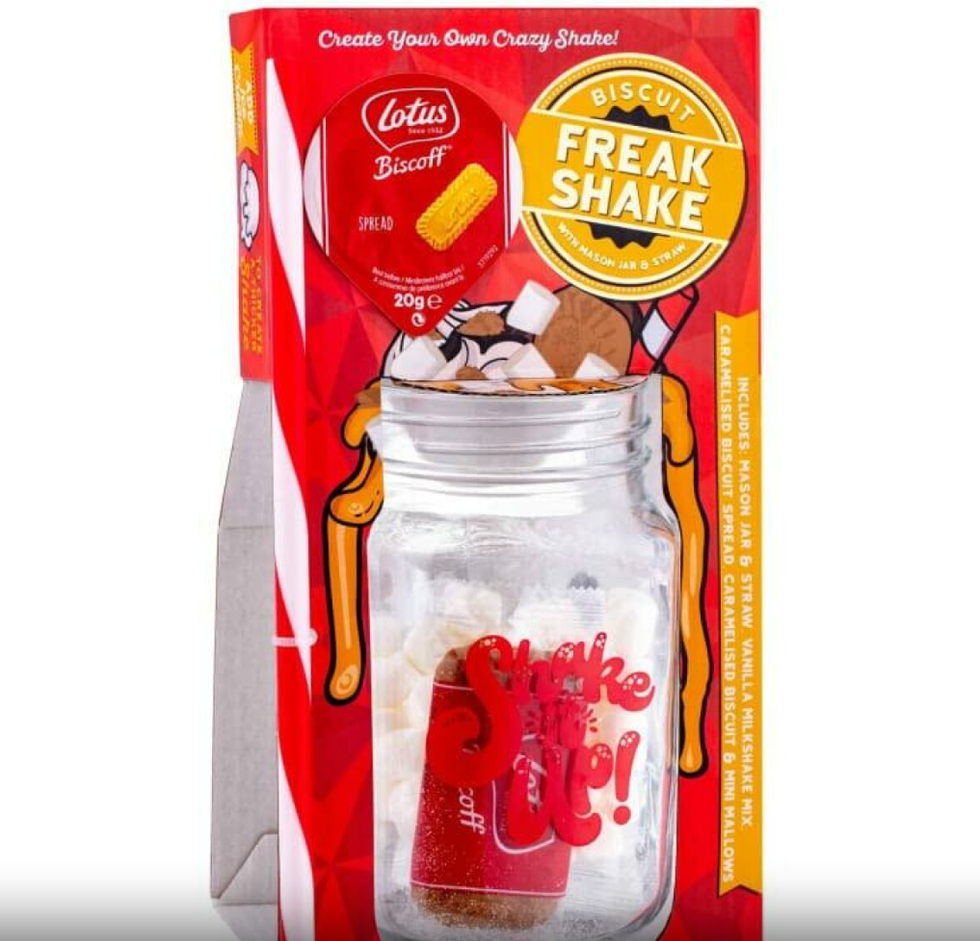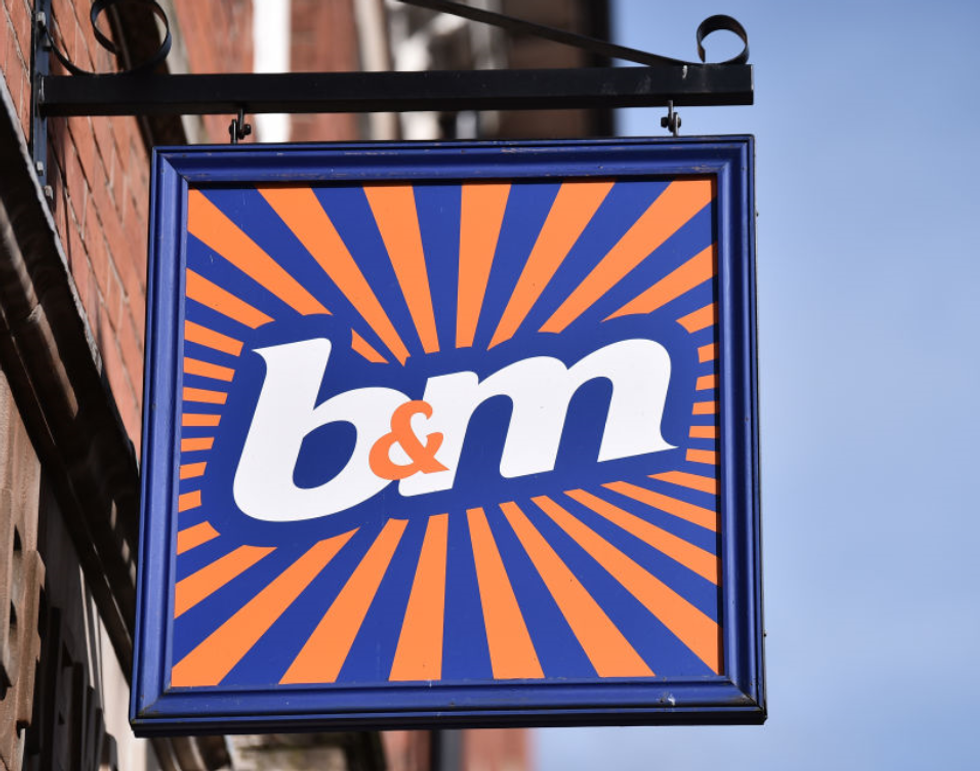B&M recalls food product over severe health risk - 'do not eat it'

B&M has recalled a food product due to an undeclared ingredient that was not mentioned on the label
Don't Miss
Most Read
B&M has recalled a food product due to undeclared milk. Those with an allergy or intolerance to milk or milk constituents should not eat it.
The Food Standards Agency (FSA) said: "B&M Stores are recalling Biscoff Shake Up Milkshake Set because it contains a milk protein, which is not mentioned on the label.
"This means the product is a possible health risk for anyone with an allergy or intolerance to milk or milk constituents."
Biscoff Shake Up
Best before: All date codes up to and including January 22, 2024
Do you have a lifestyle story you'd like to share? Contact our team by emailing lifestyle@gbnews.uk.

B&M has recalled Biscoff Shake Up Milkshake Set due to undeclared milk
|iwaspoisoned.com
While the best before date has passed, some people may have held onto the product as foods can often still be consumed after this time, although it may not be at its best.
In a customer notice, B&M said: "We are recalling this product as it contains sodium caseinate which is a protein derived from milk.
"While sodium caseinate was stated in the ingredients list, it omitted a reference to the allergen, milk. As this was not declared as an allergen there is a possible health risk for anyone with an allergy to milk.
"If you have bought this product and have an allergy to milk, we advise you not to consume it.
"The affected product has a best before date of January 22, 2024 and therefore should no longer be consumed in any event."
Customers were advised to return this product for a full refund. B&M apologised for any inconvenience caused.
Those who require more information can contact B&M's customer service team on 0330 838 9000 or Customerservices@bmstores.co.uk.
The FSA echoed B&M's warning: "If you have bought the above product and have an allergy or intolerance to milk or milk constituents, do not eat it."
Symptoms of milk intolerance reactions include bloating, diarrhoea, constipation and IBS.
As for allergic reactions, Allergy UK explained: "Cow’s milk allergy is an abnormal response by the body’s immune (defence) system in which proteins in a food (in this case casein and whey proteins in cow’s milk) are recognised as potentially harmful."
An Immediate allergy (IgE mediated) is quick to appear and allergic symptoms happen within minutes of consumption or up to two hours afterwards. In a Delayed allergy (non IgE mediated), symptoms usually develop from two hours after consumption but can take up to 72 hours.
Mild to moderate symptoms of an IgE (immediate) mediated allergic reaction to cow’s milk include an itchy mouth, tongue and throat; swelling of lips or around the eyes or face; a red raised itchy rash (often called nettle rash, hives or urticaria; vomiting, nausea, abdominal pain and diarrhoea; runny nose and sneezing.
LATEST DEVELOPMENTS

B&M issues a food recall due to undeclared milk and customers have been warned of 'health risk'
|GETTY IMAGES
Anaphylaxis is a life-threatening allergic reaction that happens very quickly. Severe symptoms of anaphylaxis include swelling of the tongue and/or throat, difficulty in swallowing or speaking, change in voice (hoarse voice), wheezing (whistling noise) or persistent cough, difficult or noisy breathing, dizziness, collapse, loss of consciousness (due to a drop in blood pressure). These symptoms "should be treated as a medical emergency".
Allergy UK said: "If available, adrenaline should be given without delay and an ambulance called with the call operator informed that it is anaphylaxis."
B&M customers must be aware that the affected product has a best before date of January 22, 2024 and therefore should not be consumed in any event.
While food recalls do not happen very often, they must always be taken seriously. The FSA explained: "Sometimes there will be a problem with a food product that means it should not be sold.
"Then it might be 'withdrawn' (taken off the shelves) or 'recalled' (when customers are asked to return the product).
"Sometimes foods have to be withdrawn or recalled if there is a risk to consumers because the allergy labelling is missing or incorrect or if there is any other food allergy risk. When there is a food allergy risk, the FSA will issue an Allergy Alert."
This comes as Tesco shared a salmonella warning as food product could cause vomiting and fever.











